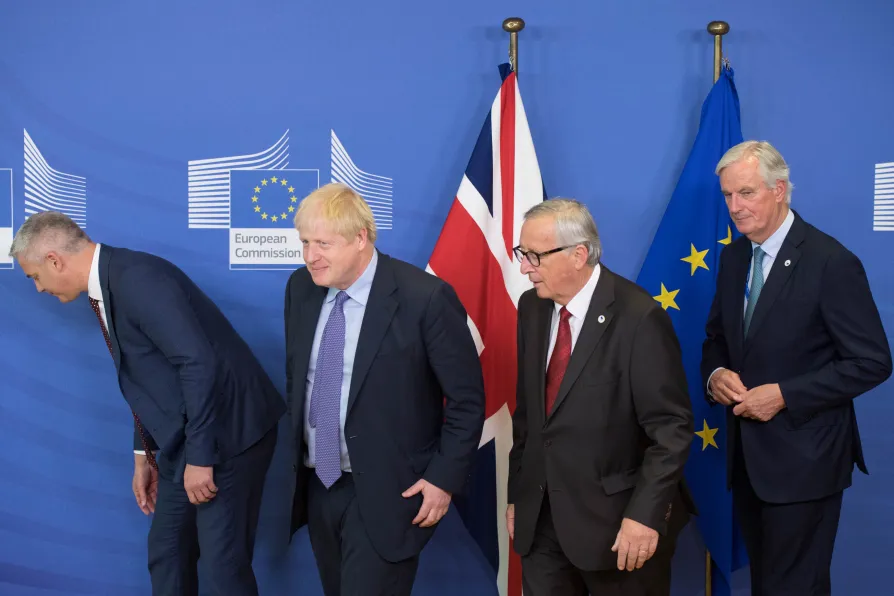John Wojcik pays tribute to a black US activist who spent six decades at the forefront of struggles for voting rights, economic justice and peace – reshaping US politics and inspiring movements worldwide


SOME TIME after the event, Napoleon Bonaparte famously recounted that upon landing on the southern French coast on Wednesday March 1, 1815, from his exile on Elba, he and his followers were soon met by a small crowd of locals.
Among them was the local mayor, who upon seeing how few made up the former and soon to be restored French emperor’s party, told him: “We were just beginning to be quiet and happy; now you are going to stir us all up again.”
A student of history, one wonders if former prime minister Boris Johnson will ponder this particular historical parallel as he wends his way back to Britain via a first class transatlantic flight from his luxury holiday in the Caribbean, having made his intention to return to Number 10 after just 44 days of his own exile from high office?

When Patterson and Liston met in the ring in 1962, it was more than a title bout — it was a collision of two black archetypes shaped by white America’s fears and fantasies, writes JOHN WIGHT

With turnout plummeting and faith in Parliament collapsing, BERT SCHOUWENBURG explains how radical local government reform — including devolved taxation and removal of party politics from town halls — could restore power to communities currently ignored by profit-obsessed MPs

GORDON PARSONS meditates on the appetite of contemporary audiences for the obscene cruelty of Shakespeare’s Roman nightmare










